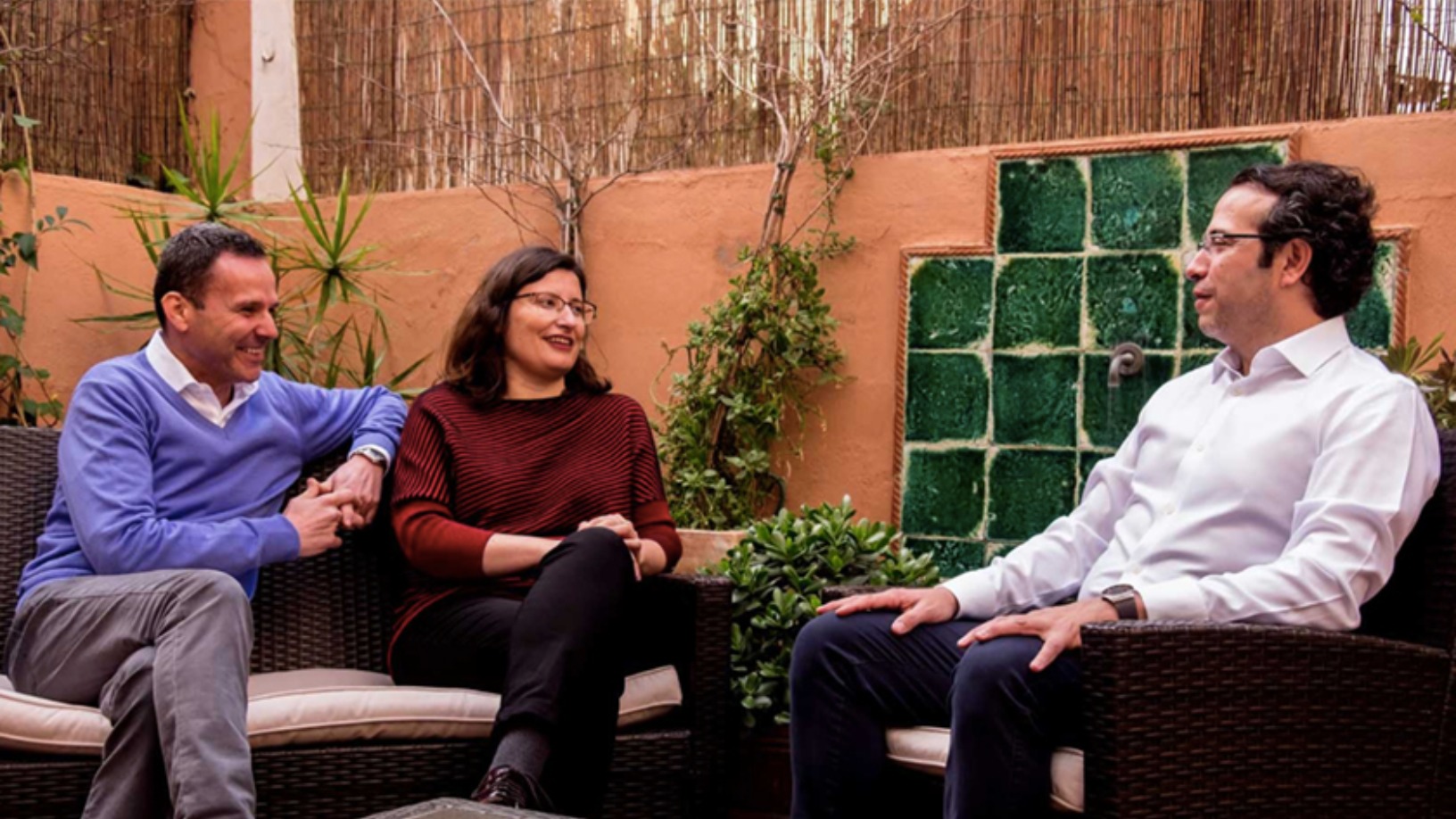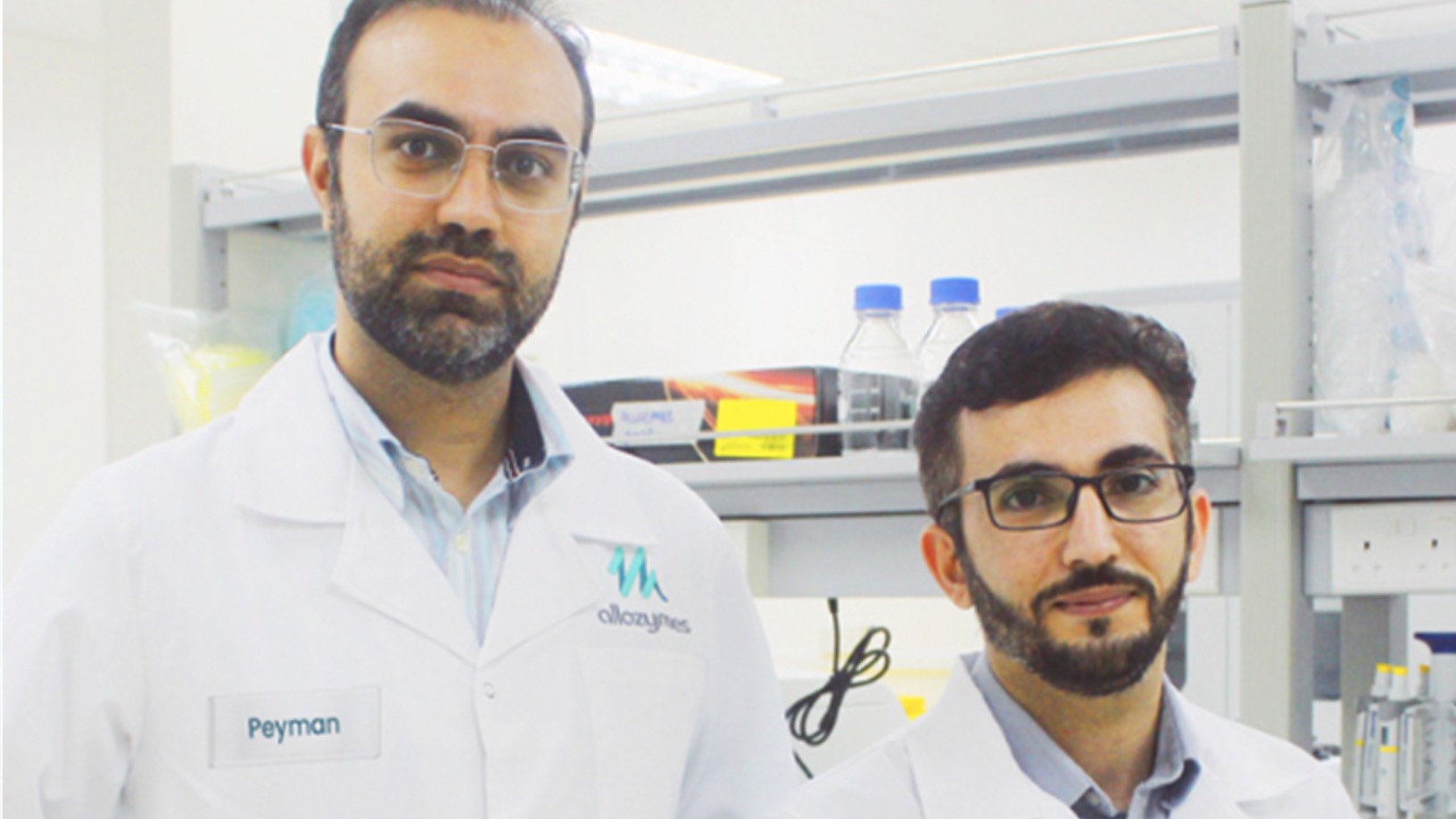Coconut oil is the primary plant-based substitute for animal fat used by foodtech companies rolling out plant-based meat, including market leaders such as Impossible Foods and Beyond Meat. But it is not an ideal replacement because it melts around 25°C, much lower than the melting point of animal fat. When heated, the coconut oil liquefies and renders out more quickly, causing the meat substitute to dry out faster during cooking.
This is why many plant-based meats fail to mimic the succulence and juiciness of real meat, as animal fat adds flavor, moisture and richness, and creates a feeling of satiety. Yali Bio, a startup based in the San Francisco Bay Area, is out to change this. Founded in April 2021, the startup is developing better plant-based replacements for animal fat using synthetic biology and genomics – using yeast.
“Many consumers are not satisfied with the current generation of plant-based meat, as they can easily tell the difference between plant-based meat and the real thing in [terms of the] texture and mouthfeel,” Lu Yulin, CEO and co-founder of Yali Bio, told CompassList in a recent interview. “Fat is one of the critical reasons behind this.”
Although Yali Bio’s technology and products are still developing, the startup has already attracted investors' attention. This August, it secured a seven-figure-US dollar sum in pre-seed funding from investors including UpHonest Capital, 3KVC and Quiet Capital to support its R&D.
In September, Yali Bio and six other companies were accepted into a program for genomics startups run by Illumina Accelerator, which is backed by San Diego-based life sciences giant Illumina. The six-month program provides Yali Bio seed investment and access to Illumina sequencing systems and reagents, as well as fully functional lab space adjoining Illumina's campus in the Bay Area.
Fat from yeast microbes
Currently, only a few companies are working on alternative fats, including Mission Barn, Hoxton Farms and Cubiq Foods, but they cultivate fat from animal cells. In contrast, Yali Bio uses microorganisms, specifically yeasts, to grow fat cells in bioreactors.
The yeasts are fed renewable feedstock, such as Brazilian cane sugar, to help them grow in fermentors. Using precision synthetic biology tools, Yali Bio regulates these microorganisms’ growth so that they produce certain fat cells suitable for use in food products, such as plant-based meat or plant-based butter. These fat cells are then harvested and purified. “It’s kind of like making cell-based meat, except no animal or [animal] cells are used in the whole process,” Lu said.
Lu declined to reveal the size of his R&D and product development team but the co-founders have strong technical expertise in synthetic biology and foodtech. Lu himself holds a PhD in bio-engineering from Purdue University. Before Yali Bio, he worked for Impossible Foods, heading its pilot plant and process engineering and developing its heme protein technology. Lu has also worked at Solazyme and Hampton Creek, using microorganisms to produce renewable oil and Just Scramble, a plant-based egg substitute.
Yali Bio’s co-founder Xu Peng, the company’s chief scientific advisor, is an associate professor of chemical engineering at Guangdong Technion-Israel Institute of Technology. He was formerly an assistant professor at the University of Maryland, Baltimore, and is the recipient of many prestigious awards, including the Bill & Melinda Gates Foundation Award, the Biotechnology & Bioengineering Daniel IC Wang Award and the Biochemical Engineering Journal’s Young Investigator Award. He holds a PhD in chemical and biological engineering and completed his postdoctoral training in metabolic engineering at MIT’s Stephanopoulos Lab, where he researched yeast engineering.
Premium brand
In venturing to create the next generation of fat for plant-based meats, Yali Bio is exploring a new but promising area of foodtech. The global market for meat substitutes is expected to be worth $23.2bn by 2024, while the global edible oils and fats market is expected to be worth $154.5bn by 2024.
Yali Bio is yet to commercialize its products, as it is still focused on R&D but is actively looking for the right product or market fit to bring its technology to market. The company has obtained the US Food and Drug Administration’s GRAS (Generally Recognized As Safe) certification for its yeast-derived fat. It is in talks with many plant-based meat companies and potential partners.
“The feedback is positive. These companies are very interested,” Lu said.
The first product Yali Bio hopes to bring to market is a yeast-derived fat that can replace coconut oil in plant-based meats. Based on its current formulation, Yali Bio told Chinese media it expects its yeast-derived fat to sell for $3–5 per kg, compared with the $1–2 per kg price of coconut oil in the commodities market.
“We are going to position our product as a premium brand,” Lu said. Meanwhile, the company will seek to optimize its production process further to lower the cost.
In the long run, Yali Bio hopes to expand its product range to include products like plant-based butter and cheese. Yali Bio is first targeting the US market, as it is the fastest-growing and the most advanced, but Lu is not ruling out other markets.
“We are also exploring opportunities in Asia, where consumer habits and preferences are different from the US, and figuring out which products will be popular among consumers [there],” he said.
According to Lu, while engineered replacements for animal fat “is a very new area with only a few players, investors familiar with foodtech can easily see the value.” Lu said that Yali Bio is raising a new round of financing to ride this wave of strong investor interest.
“For an early-stage startup working on synthetic biology, continuous funding is needed to build the [R&D] platform and core technologies," he said











